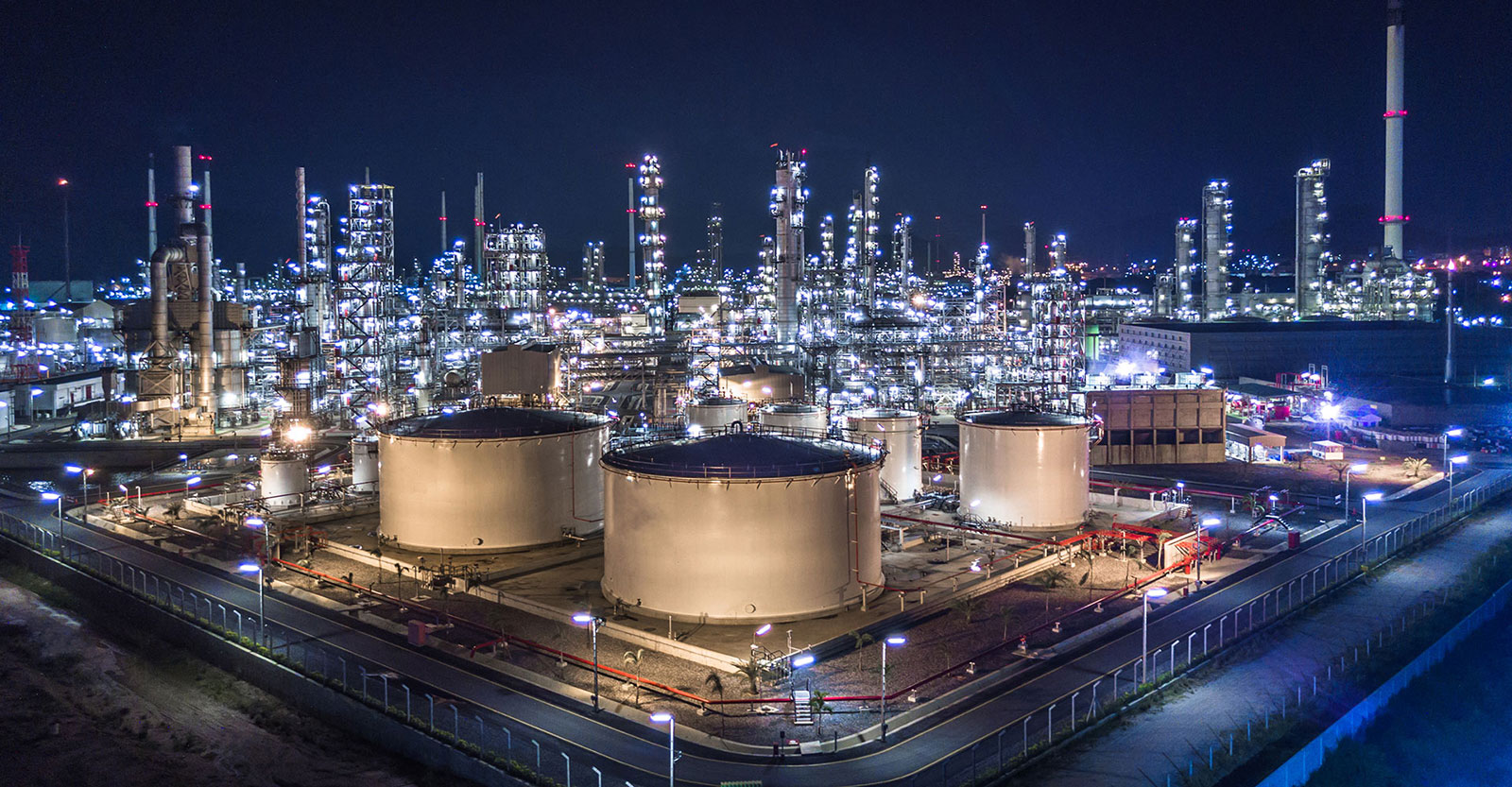
Sustainable Polymers: How India’s Polymer Industry is Adapting to Environmental Challenges
The increasing awareness of environmental sustainability and the urgency to address climate change have prompted industries worldwide to adopt greener practices. India’s polymer industry is no exception, as it faces significant pressure to minimize its environmental impact while meeting the growing demand for polymers. This blog explores how the Indian polymer industry is adapting to environmental challenges through the development and adoption of sustainable polymers.
The Rise of Eco-Friendly Polymers
- Biodegradable Polymers
One of the most significant advancements in sustainable polymer technology is the development of biodegradable polymers. These polymers can break down naturally into non-toxic components, reducing their environmental footprint. Indian manufacturers are investing in research and development to produce biodegradable polymers from renewable resources such as corn starch, cellulose, and polylactic acid (PLA). These materials are increasingly being used in packaging, agriculture, and medical applications.
- Recyclable Polymers
Recycling plays a crucial role in reducing plastic waste and conserving resources. The Indian polymer industry is focusing on creating polymers that are easier to recycle. Innovations in polymer chemistry and processing techniques have led to the development of recyclable polymers that retain their properties even after multiple recycling cycles. These advancements are helping to create a circular economy where polymers are reused, reducing the need for virgin materials.
- Bio-based Polymers
Bio-based polymers are derived from renewable biological sources such as plants, algae, and microorganisms. Unlike traditional petroleum-based polymers, bio-based polymers have a lower carbon footprint and are more sustainable. Indian companies are exploring the production of bio-based polymers such as polyhydroxyalkanoates (PHA), which are biodegradable and can be used in various applications, including packaging, agriculture, and textiles.
Innovative Approaches Driving Sustainability
- Green Chemistry
Green chemistry focuses on designing chemical processes and products that minimize the use and generation of hazardous substances. The Indian polymer industry is adopting green chemistry principles to develop sustainable polymers. This includes using non-toxic catalysts, renewable feedstocks, and energy-efficient processes. By integrating green chemistry into polymer production, manufacturers can reduce environmental impact and improve the sustainability of their products.
- Waste Management and Recycling Programs
Effective waste management and recycling programs are essential for reducing plastic pollution. Indian companies are implementing initiatives to collect, sort, and recycle plastic waste. Partnerships with waste management firms and local communities are helping to create efficient recycling systems. Additionally, extended producer responsibility (EPR) programs are being introduced, where manufacturers are responsible for the entire lifecycle of their products, including disposal and recycling.
- Eco-friendly Packaging Solutions
Packaging is a major contributor to plastic waste, and the Indian polymer industry is developing eco-friendly packaging solutions to address this issue. Innovations such as compostable packaging, which breaks down into organic matter under composting conditions, and reusable packaging, which can be used multiple times, are gaining popularity. These solutions not only reduce waste but also offer consumers sustainable alternatives.
- Sustainable Supply Chain Practices
Sustainability extends beyond the production of polymers to the entire supply chain. Indian polymer manufacturers are adopting sustainable practices throughout their supply chains, from sourcing raw materials to distribution. This includes using renewable energy, reducing water consumption, and minimizing emissions. By creating a sustainable supply chain, companies can enhance their environmental performance and meet consumer demand for eco-friendly products.
The Role of Government and Industry Collaboration
- Regulatory Support
Government regulations and policies play a crucial role in promoting sustainability in the polymer industry. In India, regulatory frameworks are being developed to encourage the production and use of sustainable polymers. Policies such as bans on single-use plastics, incentives for biodegradable materials, and stricter waste management regulations are driving the adoption of eco-friendly practices.
- Industry Initiatives
Industry associations and organizations are actively promoting sustainability within the polymer sector. Initiatives such as the Indian Centre for Plastics in the Environment (ICPE) are working to create awareness, conduct research, and develop best practices for sustainable polymer production and usage. Collaboration between industry stakeholders is essential for creating a unified approach to environmental challenges.
- Research and Development
Investment in research and development (R&D) is critical for advancing sustainable polymer technologies. Indian companies, in collaboration with academic institutions and research organizations, are focusing on R&D to develop innovative and sustainable polymer solutions. This includes exploring new materials, improving processing techniques, and enhancing the performance of eco-friendly polymers.
Future Prospects for Sustainable Polymers in India
The future of sustainable polymers in India looks promising, with several trends indicating continued growth and innovation:
- Increased Adoption of Sustainable Practices
As environmental awareness grows, more companies are likely to adopt sustainable practices and integrate eco-friendly polymers into their product lines. This shift towards sustainability will drive demand for innovative polymer solutions and create new opportunities for growth.
- Technological Advancements
Ongoing technological advancements will continue to enhance the properties and applications of sustainable polymers. Innovations in nanotechnology, bioengineering, and materials science will lead to the development of high-performance, eco-friendly polymers with broader applications.
- Expansion of Sustainable Markets
The market for sustainable polymers is expected to expand as consumers, businesses, and governments increasingly prioritize environmental sustainability. Sectors such as packaging, automotive, construction, and healthcare will see a growing demand for sustainable polymer solutions.
- Global Leadership
With its focus on sustainability and innovation, the Indian polymer industry has the potential to become a global leader in the production and application of eco-friendly polymers. By leveraging its strengths in R&D, manufacturing, and regulatory support, India can set new standards for sustainability in the global polymer market.
Conclusion
The Indian polymer industry is making significant strides in adapting to environmental challenges through the development and adoption of sustainable polymers. Innovations in biodegradable, recyclable, and bio-based polymers, coupled with green chemistry and sustainable supply chain practices, are driving the industry’s transformation. Regulatory support and industry collaboration are further enhancing the sustainability of the polymer sector. As the demand for eco-friendly products grows, the Indian polymer industry is well-positioned to lead the way in creating a more sustainable future.




